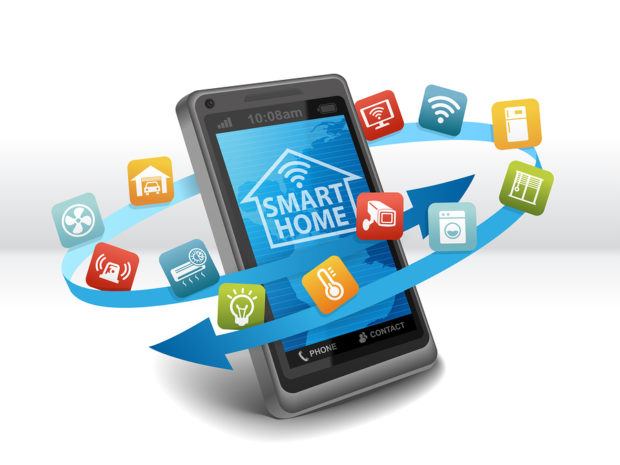While privacy remains a concern, 78 percent of smart home device owners are open to sharing their data with their insurer to assist in policy pricing, but most (65 percent) would only do so if offered a discount or incentive, according to a recent white paper.
Such data can help carriers offer customers more personalized experiences, products and services while building customer loyalty and trust. These same insights can lead to opportunities to reduce risk, better manage expenses and identify new areas for business growth, says the LexisNexis Risk Solutions Smart Home and Internet of Things Consumer Research Report white paper, titled “Insights and strategies for smart home insurance programs.”
LexisNexis Risk Solutions commissioned the study of 2,500 U.S. consumers to help carriers better understand the business implications of smart home devices. The survey addressed smart home device adoption, smart home insurance program awareness, program engagement incentives and data sharing. It focused on nine smart home devices: thermostats, lightbulbs, outdoor security cameras, motion sensors/alarms, doorbells, door locks, smoke detectors, water leak sensors and whole home water leak systems.
Some key findings from the study:
- Almost half of the respondents (46 percent) said they own at least one of the nine devices asked about in the survey, and many have multiple devices.
- Respondents said their top motivators for owning smart home devices were increased safety/security (47 percent), the convenience of managing devices remotely (31 percent) and reducing energy bills/saving money (25 percent). Meanwhile, top barriers to owning such devices include cost (58 percent), lack of perceived need (42 percent) and privacy concerns (26 percent).
- Most respondents who already own one smart home device are willing to purchase or install additional devices if their carrier offers a discount on their home insurance policy. They are most interested in discounts for installing smart smoke detectors, thermostats, security cameras and doorbells.
- The majority of smart home device owners are willing to connect their device to their carrier to provide information to aid claims (79 percent) and for alerts and event prevention (76 percent). Very few smart device owners (less than 10 percent) said they would not share their data.
- On a worrisome note, while smart home device adoption is increasing, consumer awareness of smart home insurance programs is low. Only 22 percent of respondents were aware of discounts or incentives for installing smart home devices.
“It’s clear that consumers are ready and willing to bring insurance into their home automation experience for the right incentive and interactions,” said Dan Davis, director of IoT at LexisNexis Risk Solutions. “This insight creates an opportunity for home insurance carriers to continue the investments they are making in this space to further boost adoption, provide additional benefits to policyholders, and drive engagement, loyalty and possibly better pricing.”





















 Telematics and Trust: How Usage-Based Insurance Is Transforming Auto Coverage
Telematics and Trust: How Usage-Based Insurance Is Transforming Auto Coverage  Premium Slowdown, Inflation Factors to Lead to Higher P/C Combined Ratio: AM Best
Premium Slowdown, Inflation Factors to Lead to Higher P/C Combined Ratio: AM Best  Large Scale Cargo Ring Busted in LA, $5M Recovered
Large Scale Cargo Ring Busted in LA, $5M Recovered  The Future of HR Is AI
The Future of HR Is AI 





